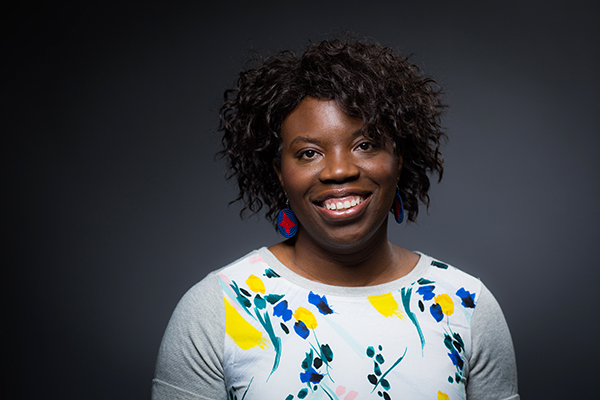Liz Ogbu, founder and principal of architectural design practice Studio O, said architects must fight for justice and consider the way their designs impact underprivileged communities in her lecture “Design in the Apocalypse” Wednesday.
“I often work with communities for whom there are few spaces that celebrate their stories,” Ogbu said. “These communities are living with the burden of the lack of spatial justice. As long as we continue to be separated and selectively harmed by space, we cannot achieve any of the other justices that we want to achieve.”
Ogbu said she works to reimagine neighborhoods and their surrounding infrastructure to create more spaces that can enable success for those living there. She said it is essential that architects go beyond just doing good for communities — instead, they should do the right thing.
“If we don’t create a place where people who have been harmed in the past actually get a voice in determining what happens in the future, then all we are really doing is ‘doing good,’” Ogbu said.
Hearing from active voices like Ogbu is essential to architecture students understanding their field, said Sarah Wu, assistant director of research for the School of Architecture.
“It's so important that schools bring in people like Liz to speak to our community and to have the hard conversations that we need to have about our fields and our disciplines,” Wu said.
Rebuilding a disadvantaged community is about listening to the needs of the people and creating ability for growth, Ogbu said.
“We’re not just supposed to be building housing; We are supposed to be building opportunity,” Ogbu said. “If all we are doing is building housing, then all we are doing is helping the poor be poor better.”
Architecture junior Temi Osanyintolu said Ogbu’s work shows how architecture must be rethought.
“Right now, I feel that the field centers form and beauty, but it needs to center the people and the community,” Osanyintolu said. “Architecture students love our major because of the impact architecture has on society. It only makes sense that we center justice and equity in our curriculum.”
In architecture, it is important to not be complicit in harm, Ogbu said.
“I will risk my position and I will risk my rights in order to fight for justice because I understand that this isn’t just their fight,” Ogbu said. “This is our fight.”





















